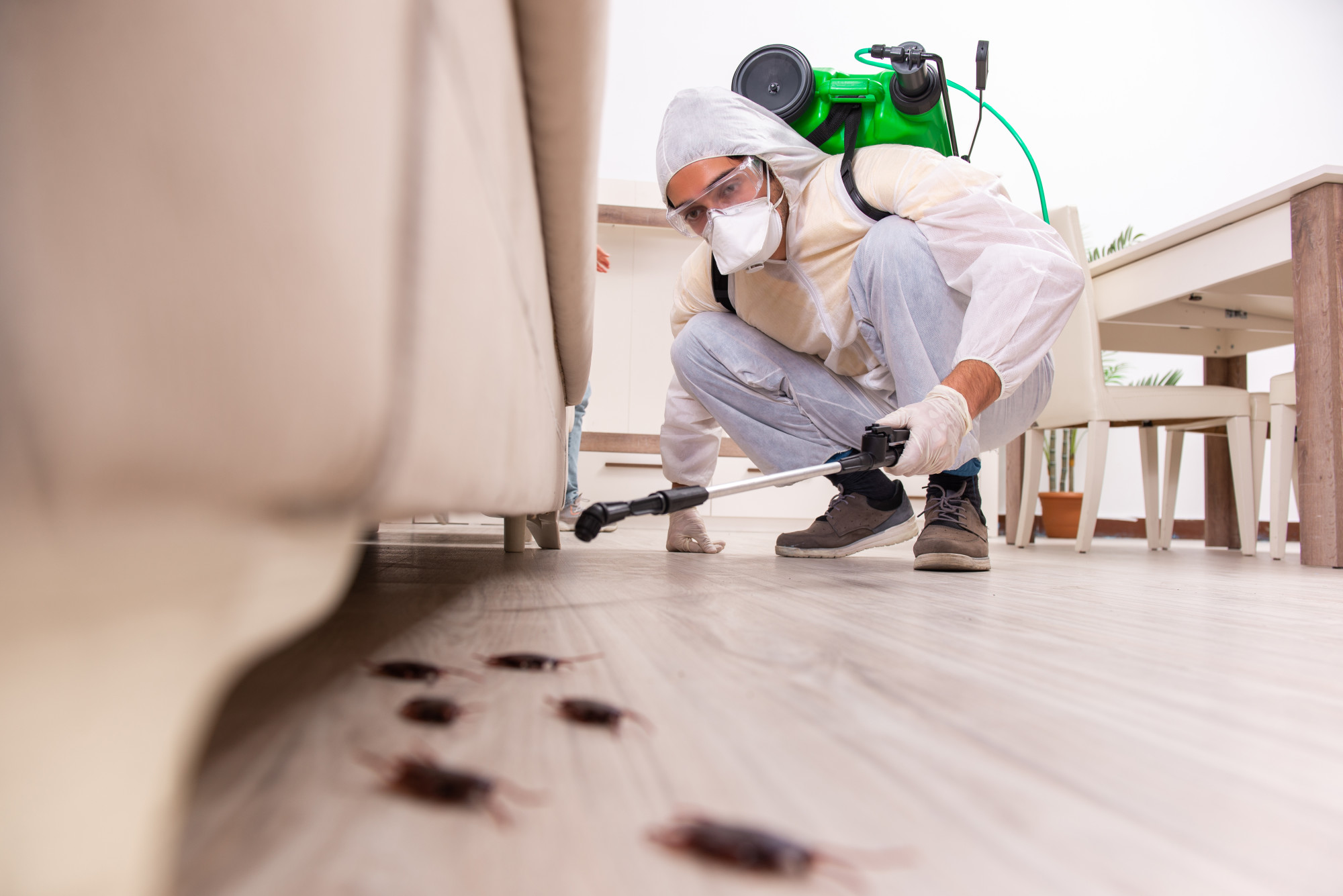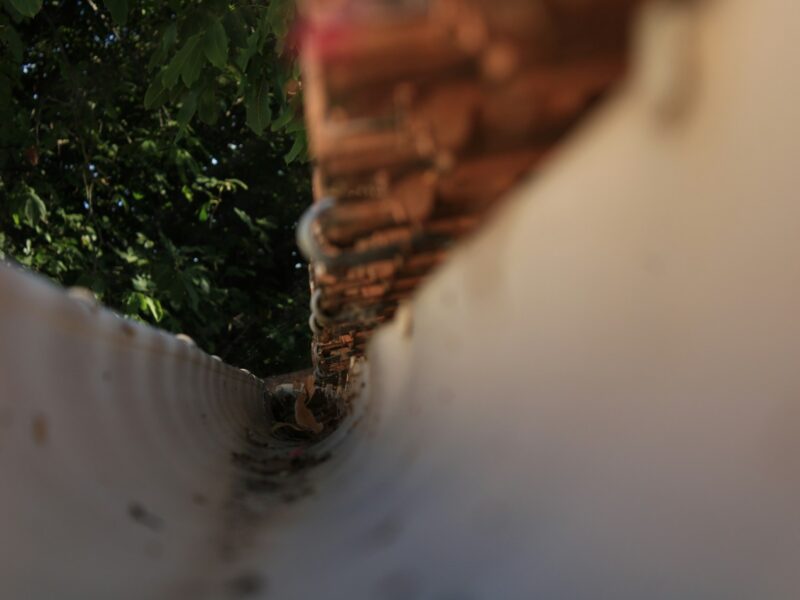Cockroaches are a nuisance and a health hazard, as they carry diseases and bacteria that can harm humans. One of the most challenging aspects of dealing with a cockroach infestation is getting rid of their eggs. Cockroach eggs are tiny and difficult to spot, making them easy to miss during cleaning.
However, eliminating these eggs is crucial to preventing future infestations. This article will discuss how to get rid of kitchen cockroach eggs for good.
Contents
Identify the Type of Cockroach
Before trying to eliminate cockroach eggs, it is essential to identify the type of cockroach that has infested your kitchen. Different types of cockroaches have other habits, diets, and nesting preferences. So, identifying the species will help you understand how to tackle the infestation. Here are the most common cockroaches that can be found at home:
German Cockroaches
German cockroaches are the most common type found in kitchens. They are small, light brown, or tan and have two black stripes on their backs. They prefer warm, humid environments and are attracted to food and water sources. They are also prolific breeders, laying up to 40 eggs simultaneously.
American Cockroaches
American cockroaches are giant and reddish-brown. They have a particular yellowish figure-8 pattern on their backs.
They are attracted to moist areas and are often found in basements and crawl spaces, but they can also infest kitchens. They lay fewer eggs than German cockroaches but still breed quickly.
Oriental Cockroaches
Oriental cockroaches are dark brown or black and have a shiny appearance. They prefer relaxed, damp environments and are often found in basements, sewers, and drains. They lay their eggs in clusters and are known to infest kitchens that need to be adequately cleaned.
Clean Thoroughly
The first step in removing kitchen cockroach eggs is to clean them thoroughly. Cockroaches are attracted to food and water sources, so removing these will discourage them from laying eggs and nesting in your kitchen.
Start by removing all food sources from your kitchen, including crumbs, spills, and leftovers. Wipe down all surfaces with hot soapy water, paying particular attention to the areas where cockroaches are likely to hide, such as under appliances, cracks and crevices, and behind cabinets.
Use a vacuum cleaner with a crevice tool to suck up debris or eggs hiding in hard-to-reach areas. Make sure to dispose of the vacuum bag immediately to prevent any eggs or cockroaches from escaping.
Use Cockroach Baits
Once you have cleaned your kitchen, the next step is to use cockroach baits. These are small plastic containers that contain a gel or paste that is toxic to cockroaches. You will attract the cockroaches to the bait and eat it, returning the poison to their nests and killing other cockroaches, including the eggs.
Place the baits in areas where cockroaches are likely to hide, such as under appliances, behind cabinets, and in cracks and crevices. Make sure to follow the manufacturer’s instructions and replace the baits regularly.
Use Insecticides
Insecticides can be an effective way to kill cockroach eggs, but you should use them with caution. These chemicals can be toxic to humans and pets, so reading the label carefully and following the instructions is essential.
Two types of insecticides are effective against cockroaches: residual insecticides and contact insecticides. Residual insecticides are applied to surfaces and continue to kill cockroaches for several weeks. Contact insecticides kill cockroaches on contact and are often used with baits.
When using insecticides, wear protective clothing, such as gloves and a mask, and keep children and pets away from the area until the chemical has dried. It is also essential to remember that insecticides should not be the only cockroach control method. They are best used in other ways, such as cleaning and using baits.
Use Diatomaceous Earth
Diatomaceous earth is a natural substance made from the fossilized remains of tiny aquatic organisms called diatoms. It is a fine powder that is harmless to humans and pets but is lethal to insects. When cockroaches come into contact with diatomaceous earth, the powder scratches their exoskeleton, causing them to dehydrate and die.
- Sprinkle a thin layer where cockroaches are likely to hide, such as under appliances, behind cabinets, and in cracks and crevices.
- Leave it for a few days, and then vacuum it up.
- Wear a mask while handling diatomaceous earth, as the fine powder can irritate the lungs.
Seal Cracks and Crevices
Cockroaches are excellent at squeezing through tiny cracks and crevices, so sealing these entry points is essential to eliminate kitchen cockroach eggs. Use caulk or weather-stripping to close gaps around doors, windows, and pipes and fill any cracks or holes in walls and floors.
It is also essential to check the areas around appliances, such as refrigerators, stoves, and dishwashers, as these can provide entry points for cockroaches. Use a flashlight to inspect these areas and seal any gaps or holes.
Hire a Professional
If you have tried all the above methods and are still struggling to get rid of kitchen cockroach eggs, it may be time to call a professional pest control company. These companies have the expertise and equipment to identify the type of cockroach infesting your kitchen and develop a tailored treatment plan to eliminate the problem.
When choosing the best pest control company, research and choose a reputable company with a proven track record. Ask for references and check online reviews before making your decision.
Eliminate Kitchen Cockroach Eggs for Good
Getting rid of kitchen cockroach eggs can be challenging. Preventing future infestations is essential. Remember, prevention is the key to keeping cockroaches out of your home, so keep your kitchen clean and free of food and water sources to discourage cockroaches from nesting in your home.
We have plenty of informative articles available to you throughout our site. Check them out!



